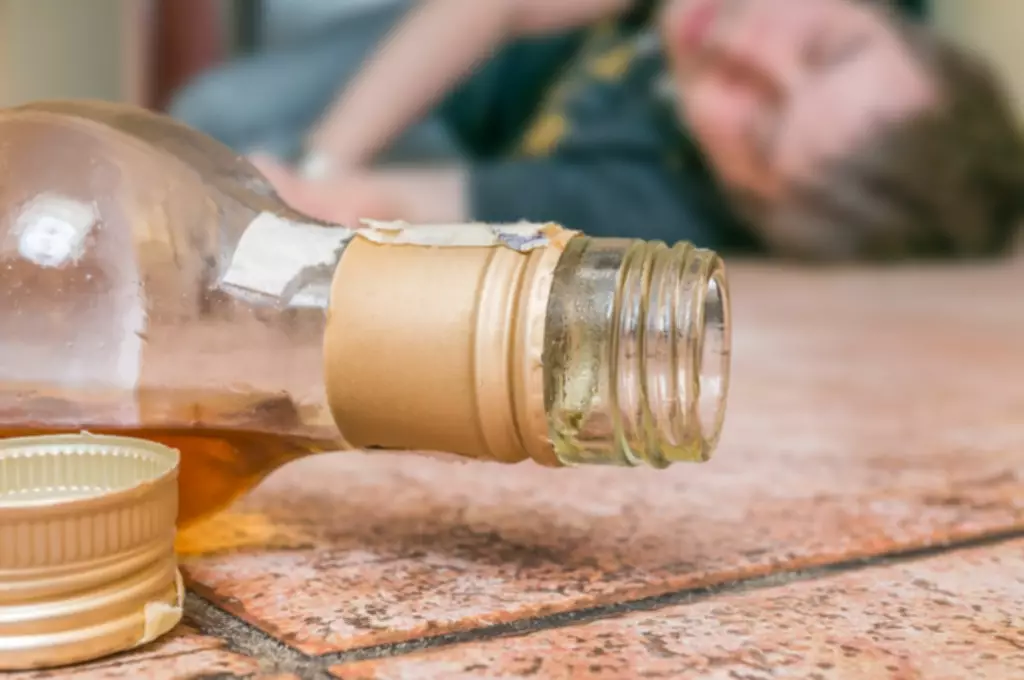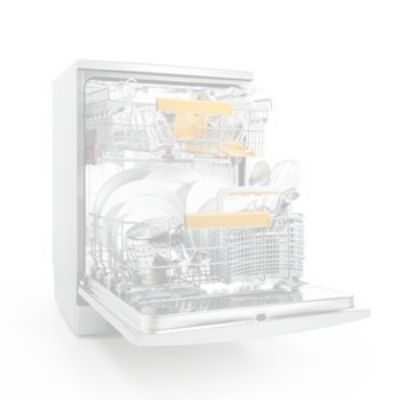Long-Term Effects of Alcohol: Dangers, Risks & Effects
While some research suggests that small amounts of alcohol may have beneficial cardiovascular effects, there is widespread agreement that heavier drinking can lead to health problems. As we move into the future, new treatments and learning more about genetic and gender-based responses to treatment for AUD, residential and outpatient treatment, and harm reduction, will become more effective. Dr. Rush talked about these in the eighteenth century, and they still exist today. During this waiting period, patients are at high risk of returning to opioid use or overdosing or discontinuing treatment, a significant barrier to the implementation of long-acting naltrexone.
Treatment Options for Alcohol Misuse & Addiction
Someone with an alcohol addiction who has remained sober for months or years may find themselves drinking again. They may binge drink once or drink for a period of time before getting sober again. It’s important that the person get back on track and resume treatment. It’s important that each person get involved in a recovery program that will support long-term sobriety.
What Makes Alcohol Addictive?
- Many people remain addicted to alcohol because they don’t want to face the withdrawal symptoms of drinking cessation.
- Chronic alcohol use raises your risk for health problems, including heart disease, liver disease, cancer, and mental health disorders.
- Drugs and alcohol modify the chemical balance in the brain and interfere with the normal release of neurotransmitters.
Researchers and lawmakers are recognizing the vital need for increased research on women’s health. Major federal investments into women’s health research are a vital step toward developing better prevention and treatment options for women. The severity of AUD is classified as mild (2-3 symptoms), moderate (4-5 symptoms), or severe (6 or more symptoms). This systematic approach to diagnosis enables healthcare providers to accurately identify the disorder and tailor treatment plans to the individual’s needs.
Here’s Why Your Brain Makes Quitting Drugs/Alcohol So Hard
But alcohol is never the answer to your problems and many people who drink alcohol to deal with their issues will often become dependent on alcohol just to get through the day. Psychologists can also diagnose and treat these "co-occurring" psychological conditions. Further, a psychologist may play an important why is alcohol so addicting role in coordinating the services a drinker in treatment receives from various health professionals. Despite efforts to comprehend the overall biology of substance use disorders, scientists’ and physicians’ understanding of the relationship between women’s health and binge drinking has lagged behind.

Exploring Addiction: Why is Alcohol Addictive?
Weight-loss meds like Ozempic may help curb addictive behaviors, but drugmakers aren’t running trials to find out - CNN
Weight-loss meds like Ozempic may help curb addictive behaviors, but drugmakers aren’t running trials to find out.
Posted: Thu, 01 Jun 2023 07:00:00 GMT [source]
By the time a person reaches this stage, they are experiencing both physical and mental health deterioration—the outlook is bleak if they don’t get help. Problem drinking has multiple causes, with genetic, physiological, psychological,and social factors all playing a role. For some alcohol abusers, psychological https://ecosoberhouse.com/ traits such as impulsiveness, low self-esteem and a need for approval prompt inappropriate drinking. Social and environmental factors such as peer pressure and the easy availability of alcohol can play key roles. Poverty and physical or sexual abuse also increase the odds of developing alcohol dependence.

Contact Recovery Centers of America for Alcohol Addiction Treatment Today
This could mean an emphasis on therapy for someone who is depressed, or inpatient treatment for someone with severe withdrawal symptoms. Once people begin drinking excessively, the problem can perpetuate itself. Heavy drinking can cause physiological changes that make more drinking the only way to avoid discomfort. Individuals with alcohol dependence may drink partly to reduce or avoid withdrawal symptoms.
But what starts off as manageable consumption of alcohol can quickly devolve into cycles of excessive alcohol consumption followed by drug withdrawal. In the binge/intoxication stage, individuals consume large amounts of alcohol in a short period. This stage is characterized by the overwhelming desire to experience the pleasurable effects of alcohol, driven by its impact on the brain’s reward system. The reward system releases dopamine during alcohol consumption, reinforcing behaviors that promote drinking to recreate these pleasurable effects. As well as ‘psychological addiction’, alcohol can also produce physical dependency.
Alcohol use disorder develops when you drink so much that chemical changes in the brain occur. These changes increase the pleasurable feelings you get when you drink alcohol. Societal factors include level of economic development, culture, social norms, availability of alcohol, and implementation and enforcement of alcohol policies. Adverse health impacts and social harm from a given level and pattern of drinking are greater for poorer societies. The severity of the disease, how often someone drinks, and the alcohol they consume varies from person to person. Some people drink heavily all day, while others binge drink and then stay sober for a while.
The truth is that any of us who drink to excess may cause problems for ourselves and others, and may need help to overcome those problems – whatever words we chose to use to describe ourselves. For some of us, alcohol becomes something we carry on consuming even though the negative consequences are plain to see. Call Recovery Centers of America at RECOVERY for information about alcohol detox and treatment. Many people around the world drink a glass of wine regularly with their dinner and enjoy it responsibly. They do not get drunk, drive under the influence or become dependent on alcohol. Many people treat alcohol as a reward at the end of the day or after an achievement.

































